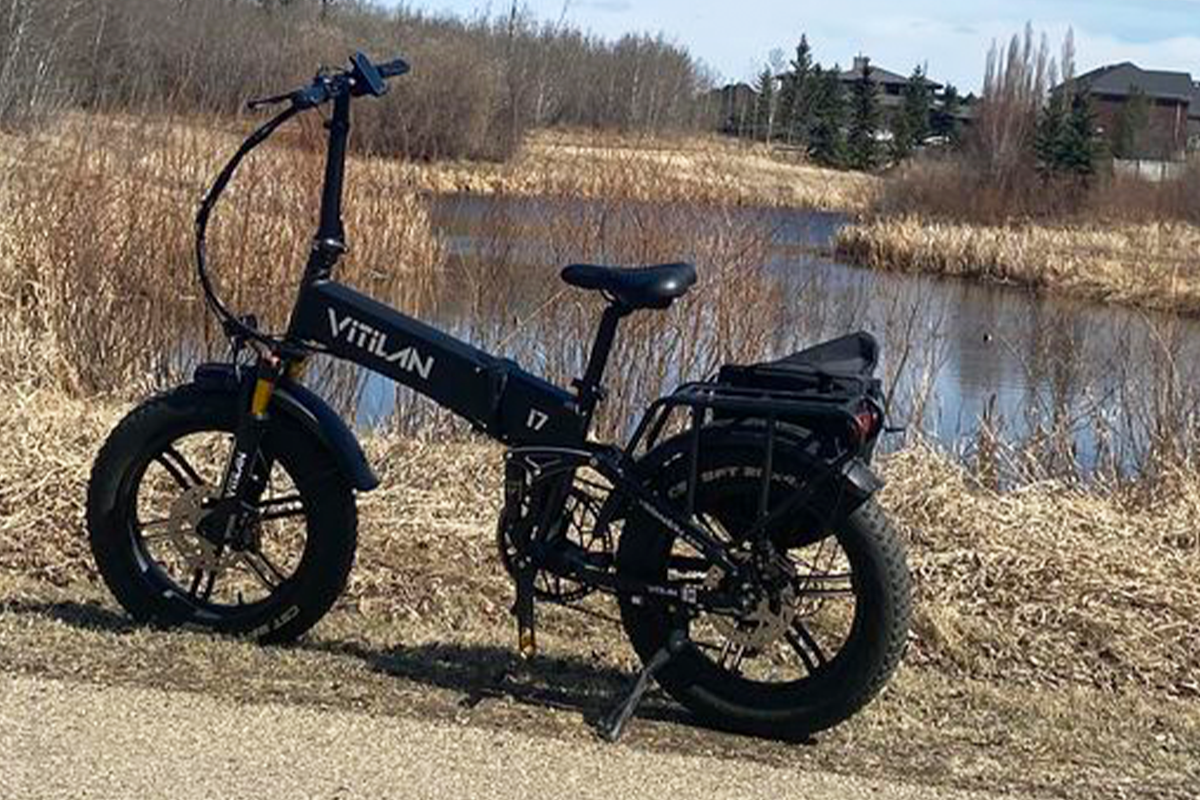
How Much Does an Ebike Cost ?
|
|
Time to read 2 min
|
|
Time to read 2 min
Electric bikes are quickly becoming the ideal choice for modern city commuting, outdoor exploration, and exercise.
Compared to traditional bicycles, electric bikes come with a higher initial cost and additional maintenance and charging expenses. Despite the higher upfront investment, electric bikes offer tremendous convenience and enjoyment for commuting, outdoor adventures, and fitness. To help you better understand the cost structure of electric bikes, this article will delve into the details of these expenses and provide practical buying advice.
Whether you need a electric bike for daily commuting or a versatile, high-performance model for multiple uses, there's an electric bike that fits your needs.
In most cases, the average cost of purchasing an electric bike typically ranges from $800 to $2,500. Entry-level electric bikes are generally priced around $1,000, while high-end models can reach up to $10,000. Most bike riders spend around $1,500 on their electric bike, but of course, the cost of purchasing one depends on your specific needs and preferences, as well as the quality, specifications, and design of the bike you choose.
For electric bikes, motor size, battery size, quality of manufacturing materials, and design all influence the price of electric bikes.
Battery Size: It's a key factor impacting electric bike prices. Larger battery capacities, measured in watt-hours (Wh), mean longer rides between charges, enabling riders to go further with assistance.
Motor Size: A stronger motor means better performance in acceleration, climbing, and traction. Motor power determines pedal assistance intensity, with higher wattage motors capable of more work. However, higher wattage also means increased energy consumption. Torque, which measures rotational force, is another important consideration. Higher torque provides stronger support, especially for climbing hills or carrying heavier loads.
Reliability: Electric bikes are equipped with components from specific brands, such as Bosch, Samsung, or Bafang. Well-known brands increase reliability and facilitate the search for replacement parts or repair tools.
Maintenance Costs: Similar to traditional bicycles, electric bikes require maintenance over time due to wear and tear. Typical maintenance costs include brake adjustments ($20-30), repairing punctured tires, and regular servicing (every 6 months or 500 miles).
Battery and Charging Costs: Electric bike batteries need replacement approximately every 700-1000 charges, costing between $300-500, depending on the model. Additionally, charging costs must be considered.
Other Essential Components: In addition to maintenance and charging, other important additional components worth investing in include battery chargers, a second battery, protective gear, and bike locks.
Before purchasing an electric bike, it's crucial to ensure that you select the appropriate model based on your needs. While a higher price tag may imply better quality, it doesn't necessarily mean it's suitable for your requirements. If you intend to use the bike for commuting, avoid buying a mountain electric bike with additional features you may not need. Conversely, if you plan on off-road riding, investing in a high-quality full suspension mountain electric bike would be a wise choice.
Before making a purchase decision, make sure you understand the electric bike's warranty policy and after-sales service support. A good warranty policy and a reliable after-sales service team will provide you with long-term assurance and a better user experience.
Most importantly, choose an electric bike that fits your needs and meets your budget, rather than being swayed by price or additional features. Through rational decision-making, you'll be able to find an electric bike that perfectly suits you, enhancing your riding experience with more enjoyment and convenience.

